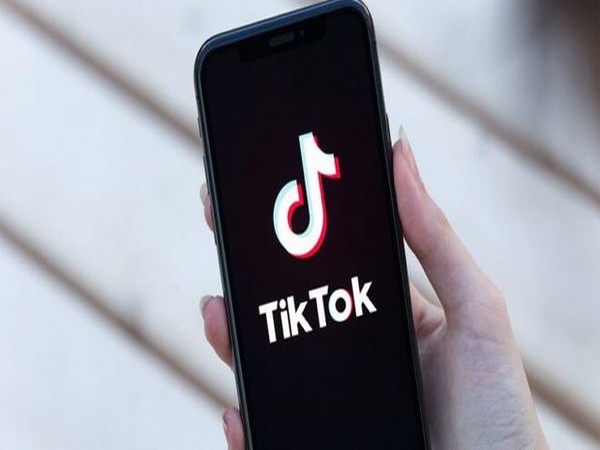TikTok's Tumultuous Journey: From Trendsetter to Troublemaker
TikTok, the global social media phenomenon, faces an uncertain future as US legislation demands ByteDance, its parent company, sell the app to a US owner or face a ban. The controversy stems from alleged national security risks due to TikTok's Chinese ties, sparking debates on privacy and free speech.

TikTok, the viral app that reshaped social media with short-form videos, is now at the center of a geopolitical standoff. US lawmakers argue that TikTok's Chinese connections pose a significant national security threat, leading to legislative actions demanding its sale or ban.
Starting in 2017, TikTok transitioned from a teenage video platform into a global powerhouse after merging with Musical.ly. Despite its meteoric rise, it has been shrouded in controversy, including accusations of censorship and privacy violations.
As ByteDance counters these claims, the debates around TikTok have intensified, raising concerns about free speech and privacy. With the Supreme Court backing the federal stance, the app's US future remains in jeopardy. The world watches as technological advancement intersects with political scrutiny.
(With inputs from agencies.)










